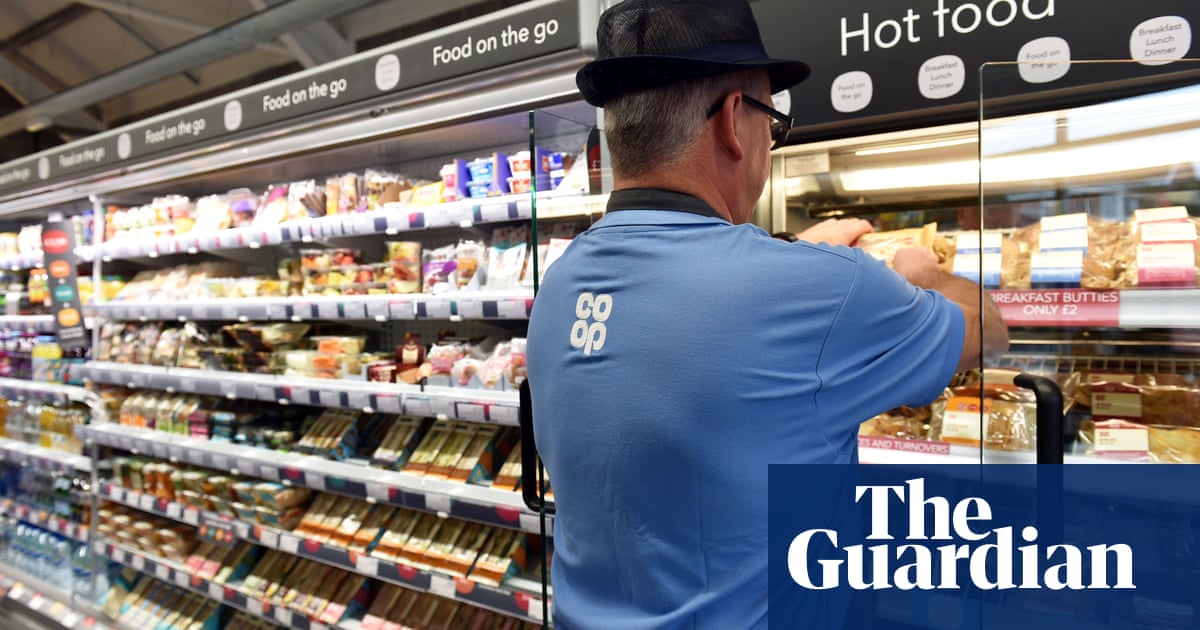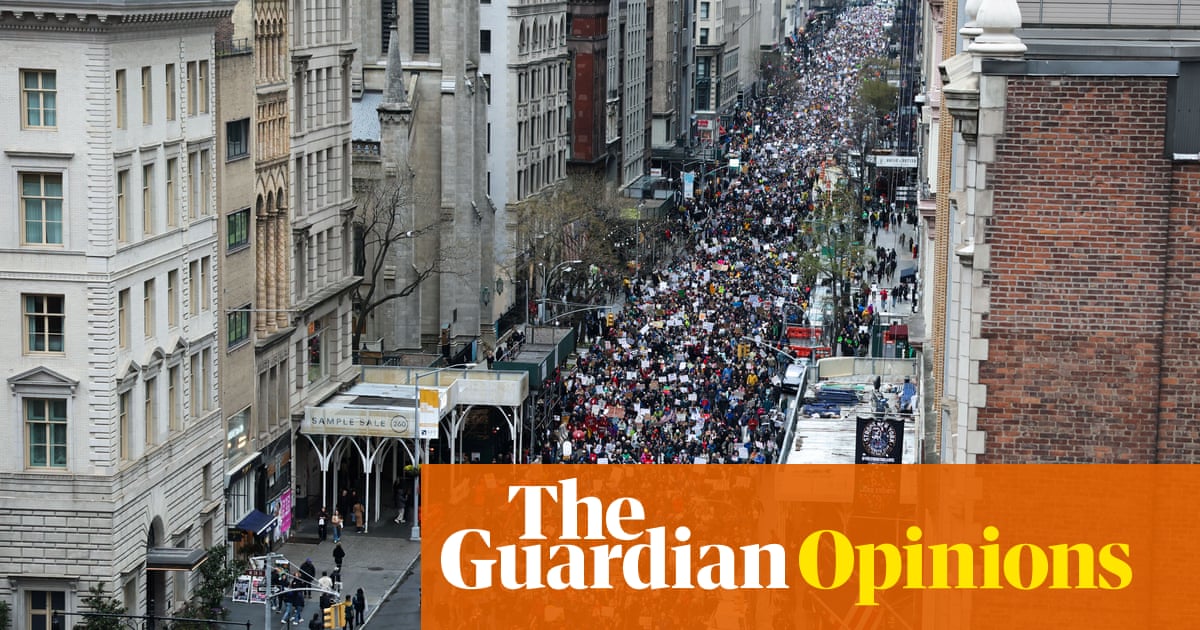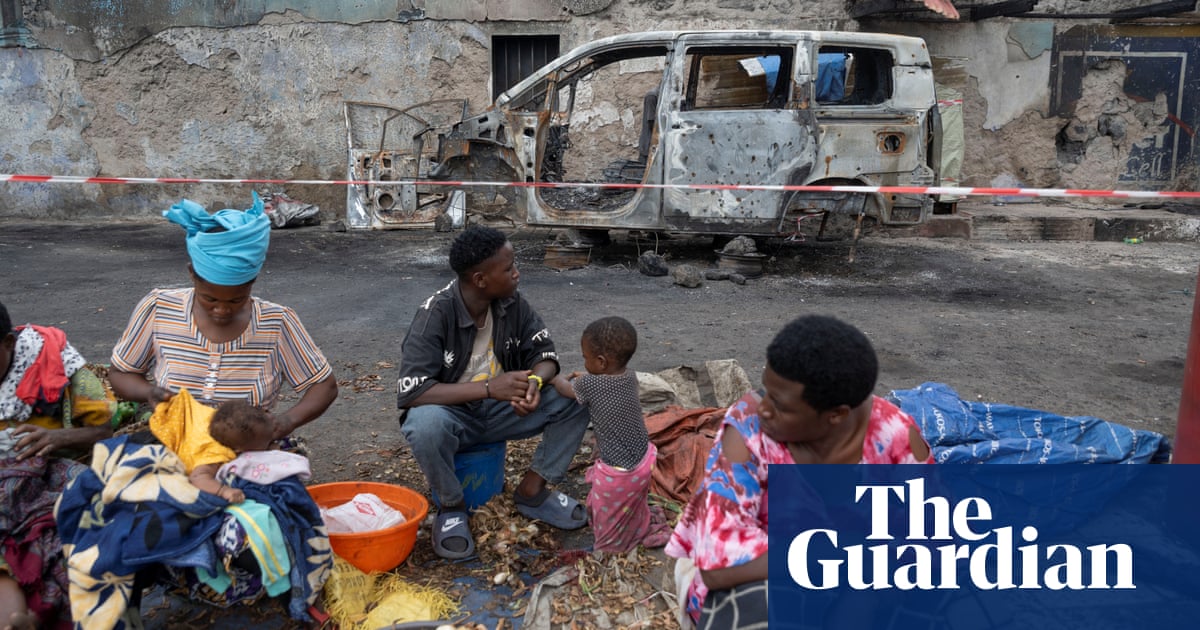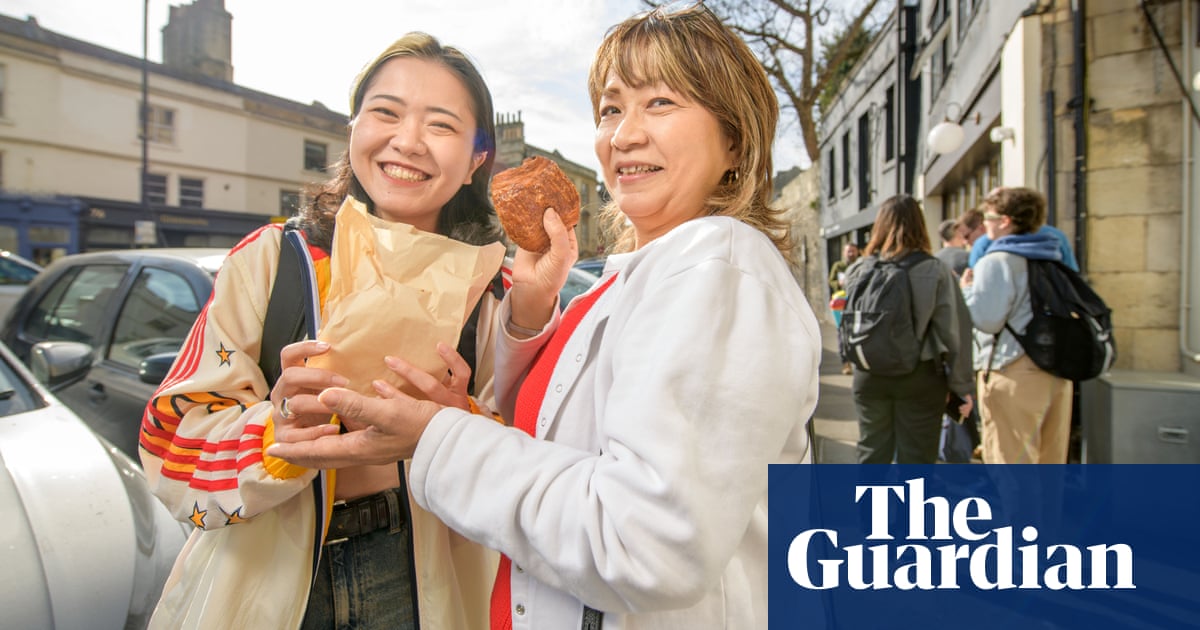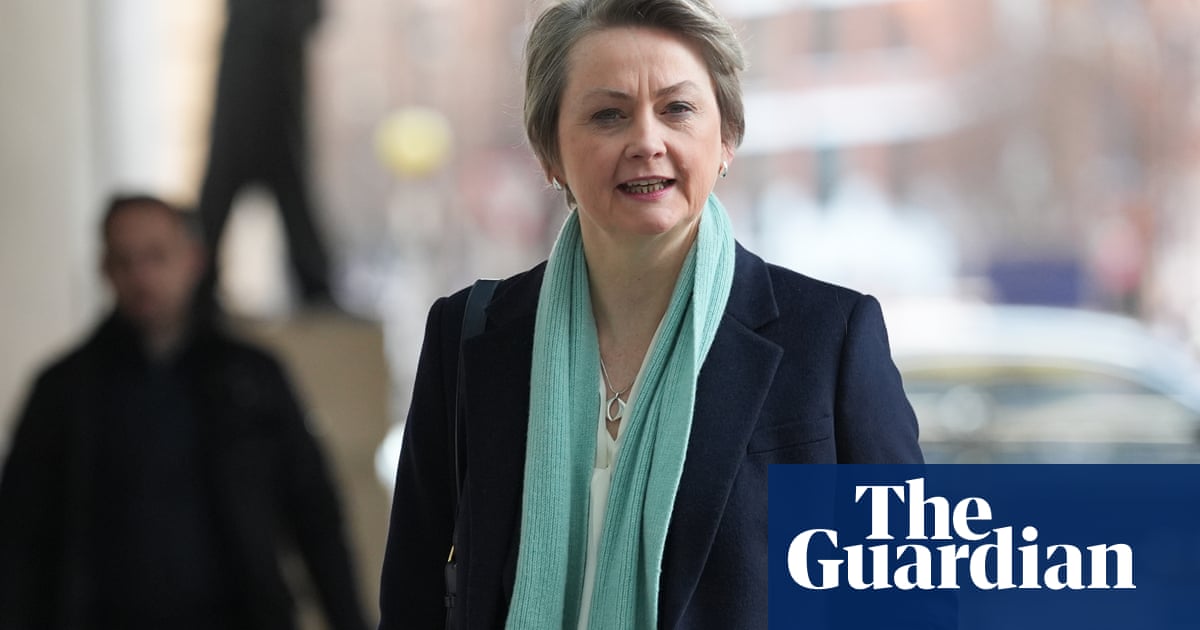The equalities minister has said she welcomes last week’s supreme court ruling on gender recognition, saying this was particularly important to provide clarity for spaces such as hospital wards and women’s refuges.
Bridget Phillipson, who holds the equalities brief alongside her job as education secretary, said she planned to update parliament on the repercussions of the ruling, and how public bodies and businesses may need to respond.
While some Labour MPs have expressed concern that the definitive ruling that “woman” and “sex” in the Equality Act refer only to a biological woman and to biological sex could have serious consequences for transgender people, Phillipson said she believed the ruling was necessary.
“Before I was an MP I managed a women’s refuge, so I know more than most how important it is that women, especially those who have experienced male violence, sexual violence and trauma, are able to access safe therapeutic spaces, and alongside that, that we make sure that everyone in our society is treated with dignity and respect,” she told BBC Radio 4’s Today programme.
Asked about differing opinions within Labour towards the ruling, Phillipson said: “I speak for the government on this matter, and I can be crystal clear with you that we welcome the ruling.”
The Equality and Human Rights Commission would, she added, work with ministers to create new guidance on how the ruling would work in practice.
Pushed on the specifics of what toilet a transgender woman would be required to use from now on, Phillipson confirmed that if only single-sex facilities were available it would need to be the male toilet – but said it was important that “everyone has the ability to access services that are safe and appropriate and respect their privacy and dignity”.
She added: “Of course, where it comes to provisions such as changing facilities, hospital facilities and others, there needs to be appropriate and available services there for all people, including trans people.”
In terms of toilets, Phillipson said, many places provided unisex or self-contained facilities, saying these could be used by transgender people. However, under changes to building regulations introduced under the last government and not changed since, new public buildings in England must prioritise single-sex toilets, providing universal toilets only “where space allows”.
Phillipson said, however, that of greater importance was the impact on spaces where people spent long periods of time such as hospital wards, rape crisis centres and women’s refuges.
“I think it is important and welcome that the supreme court have put beyond doubt that providers can make sure that is done on the basis of biological sex,” she said.
“I do believe it is important that when women have experienced male violence they are able to heal, that they are able to access the therapeutic support that is required.
“What they have said consistently, and what campaigners have worked for over many decades, is to ensure that that provision does exist and can be single sex. And the ruling has made that clear, and made it clear beyond any doubt.”
Over the weekend, protesters who object to the ruling marched in a series of cities, with the biggest event taking place in London. Most of the marches passed off peacefully but Phillipson told ITV’s Good Morning Britain that she condemned some scenes in London where statues were targeted, and some placards reportedly made implicit threats of violence against opponents.
“What we have seen in recent days, where it comes to defacing of statues, some pretty terrible placards that have been displayed in protests around the country, it really is just completely unacceptable,” she said.

.png) 4 hours ago
2
4 hours ago
2


